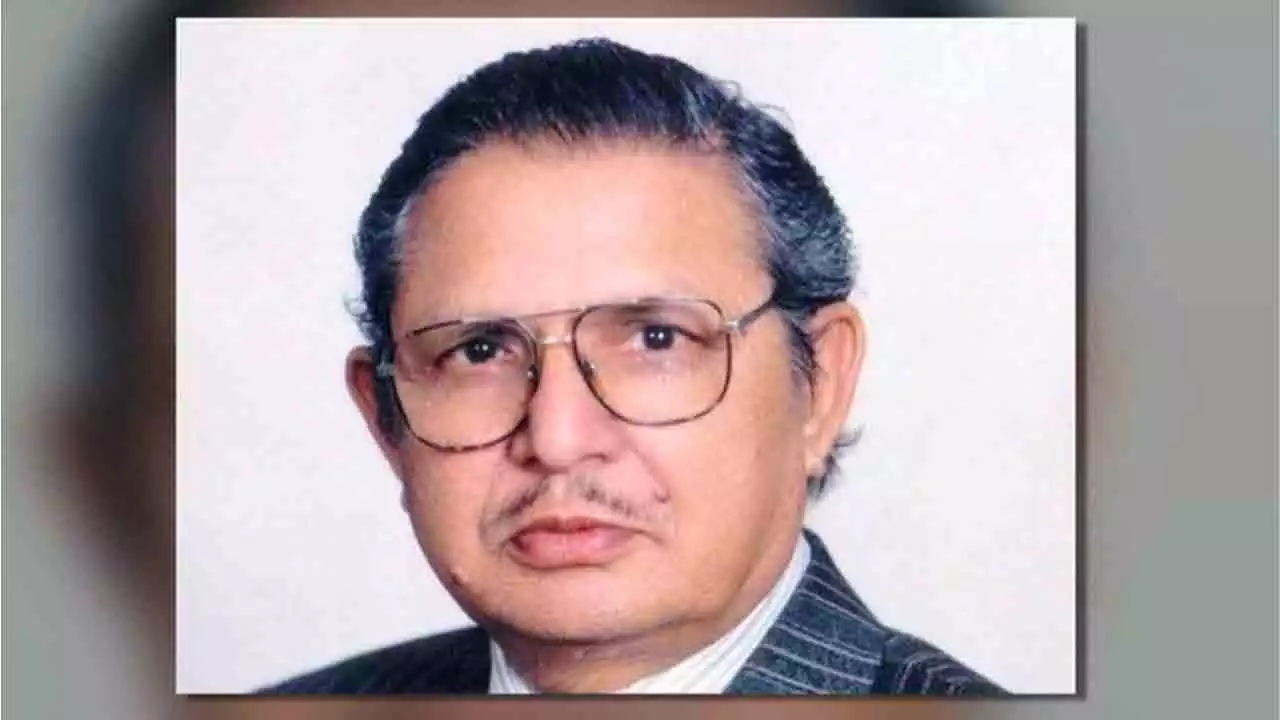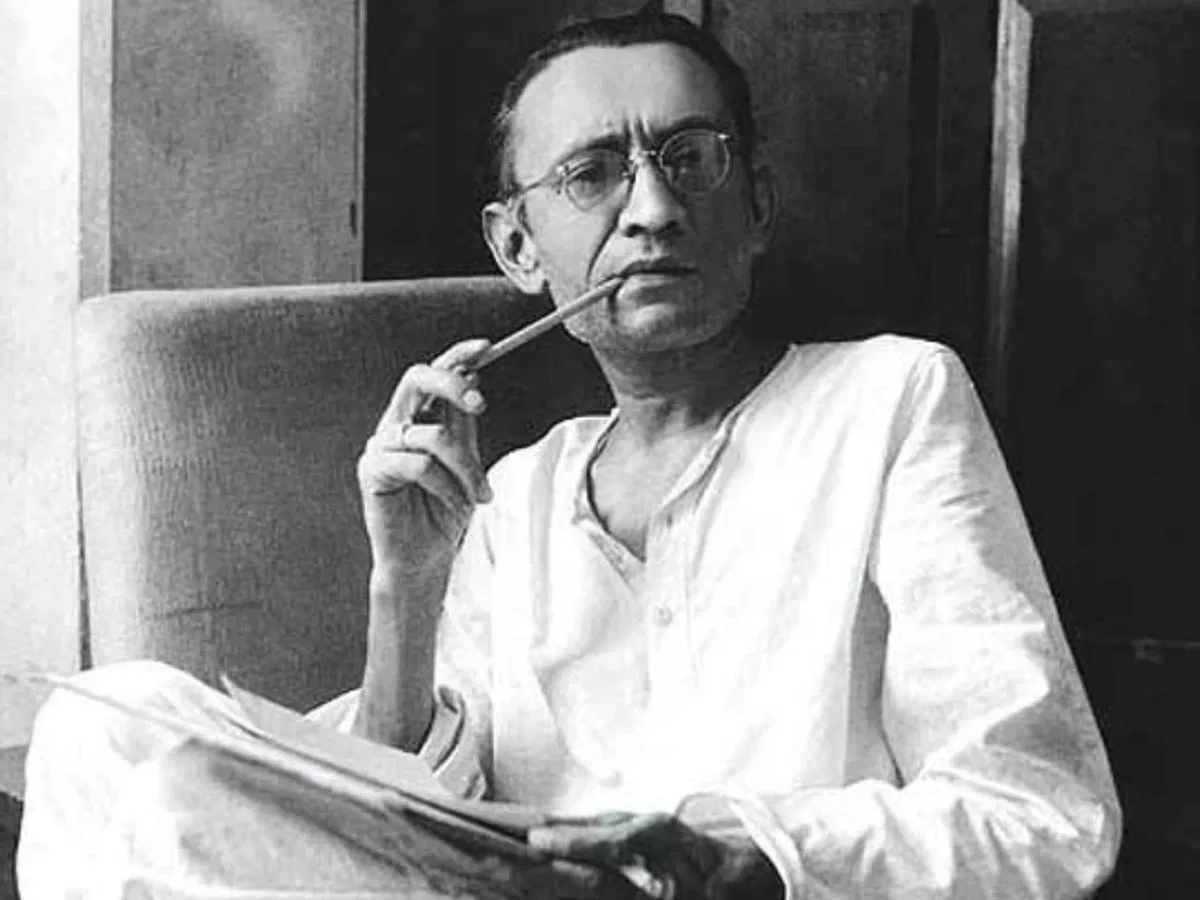Mansha Yad, one of Pakistan’s most celebrated fiction writers, was born on September 5, 1937, in a small village near Hafizabad. His real name was Muhammad Mansha, but he embarked on his literary career under the pen name Mansha Yad. His writing journey began in 1955, and from there, he crafted a legacy that has left an indelible mark on Urdu literature. His ability to tell simple yet deeply impactful stories earned him recognition not only in Pakistan but also in literary circles worldwide.
Early Life and Literary Beginnings
Mansha Yad grew up in a rural setting, which influenced much of his work. His early surroundings gave him a keen understanding of the struggles and emotions of the common man, themes that often found their way into his stories. Despite the strong presence of the progressive movement in Urdu literature during his early years, Mansha Yad chose to carve out his own unique path. He believed that stories should be accessible to readers and that literature should reflect human emotions and experiences in a way that resonates with them.
His first story was published in 1955, marking the start of a long and fruitful literary career. Mansha Yad’s writing was characterized by its simplicity, yet it carried profound meanings. His characters were often ordinary people facing everyday challenges, but he brought out the extraordinary in their experiences, emotions, and struggles.
Notable Works and Contributions to Fiction
Mansha Yad’s collections of short stories, such as Band Mithi Me Jaganu, Moss Aur Mati, and Khala Inder Khala, are representative of his signature style. These collections showcase his ability to weave narratives that are rich in emotional depth and cultural nuances. He wasn’t interested in writing overly complex or abstract stories that readers struggled to understand; rather, he focused on relatable themes and human emotions that anyone could grasp.
His unique storytelling approach often stood in contrast to the more politically charged and ideologically driven literature of the progressive writers of his time. Instead of delving into political commentaries, Mansha Yad’s stories explored the human condition, relationships, and the subtleties of life.
In addition to his short stories, Mansha Yad made significant contributions to television drama. His famous TV dramas such as Janoon, Bandhan, Awaaz, and Pure Chand Ki Raat became household names in Pakistan. His Punjabi novel Tawan Tawan Tara was adapted into a popular drama serial titled Raheen, which aired on Pakistan Television (PTV) and received widespread acclaim.
A Literary Icon with Deep Cultural Roots
Mansha Yad was not just a writer; he was a cultural icon who understood the pulse of society. His stories often focused on the rural and agrarian communities of Pakistan, painting vivid pictures of their lives, joys, and hardships. His characters were often drawn from real-life inspirations, with their emotions, desires, and conflicts reflecting the essence of human nature.
He also established the Islamabad branch of the Arbab Zouk Circle, a literary organization aimed at promoting Urdu literature and nurturing budding writers. Mansha Yad’s contributions went beyond just his own writing; he was deeply involved in the literary community, mentoring young writers and participating in discussions that enriched the Urdu literary scene.
Recognition and Awards
Mansha Yad’s contributions to literature were recognized by the Government of Pakistan when he was awarded the Pride of Performance medal in 2004, one of the highest civilian honors in the country. This award was a testament to his influence on Urdu literature and his role in shaping the modern storytelling tradition in Pakistan.
The Pride of Performance was a well-deserved acknowledgment of his talent, dedication, and the sheer breadth of his work. His ability to connect with readers through stories that reflected their own lives and struggles made him one of the most beloved writers of his time.
Legacy and Passing
Mansha Yad passed away on October 15, 2011, in Islamabad, leaving behind a legacy that continues to inspire new generations of writers and readers alike. He was laid to rest in Islamabad, the city where he spent much of his later life. Though he is no longer with us, his stories live on, resonating with those who seek to understand the complexities of life through simple, heartfelt narratives.
His passing marked the end of an era, but his work continues to be celebrated in literary circles. Whether it is his short stories that reflect the essence of rural Pakistan or his television dramas that captivated audiences across the country, Mansha Yad’s work remains timeless.
A Lasting Impact on Urdu Literature
Mansha Yad was more than just a writer; he was a storyteller who touched the hearts of his readers. His ability to find beauty and meaning in the everyday struggles of ordinary people made his stories accessible and relatable to a wide audience. While other writers of his time may have focused on grand political themes, Mansha Yad chose to focus on human emotions, relationships, and the intricacies of life.
Today, he is remembered as one of the leading voices in Urdu fiction, a writer who stayed true to his roots and his belief that stories should speak directly to the reader’s heart. His work continues to inspire writers and readers alike, ensuring that his legacy will live on for many years to come.



